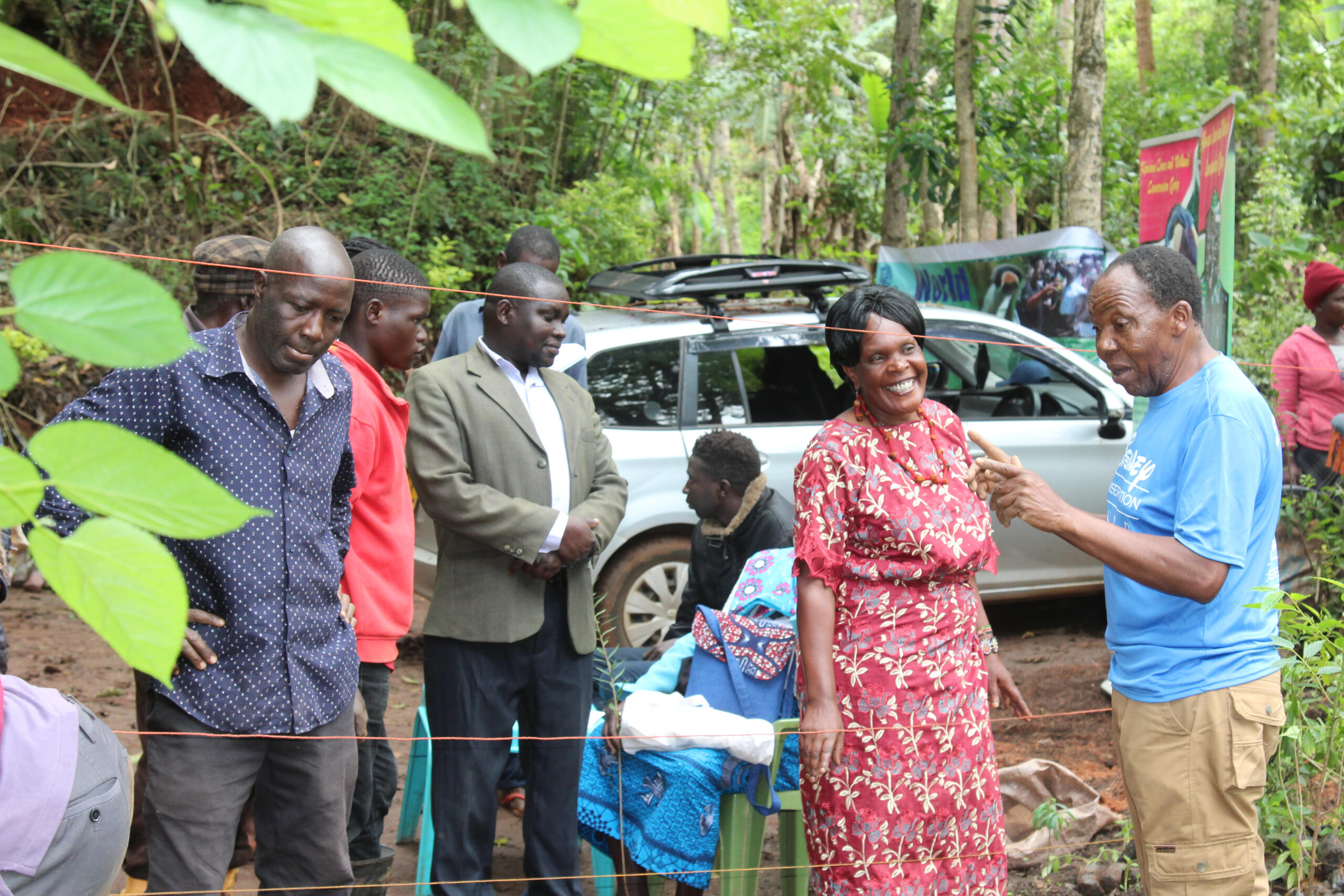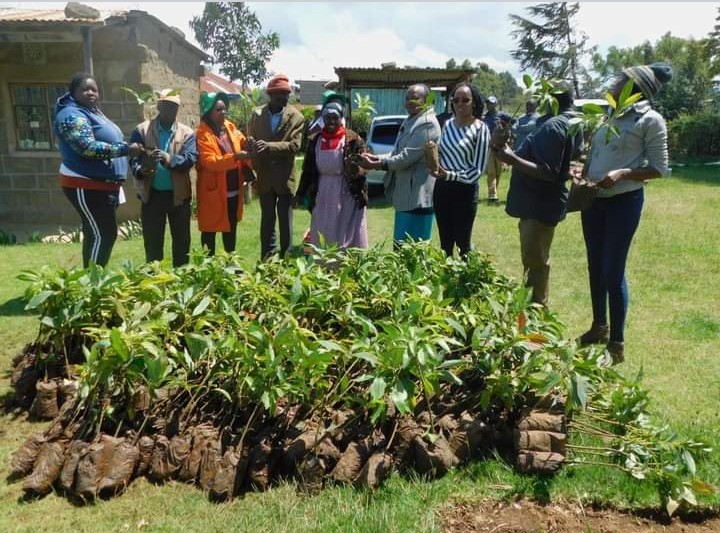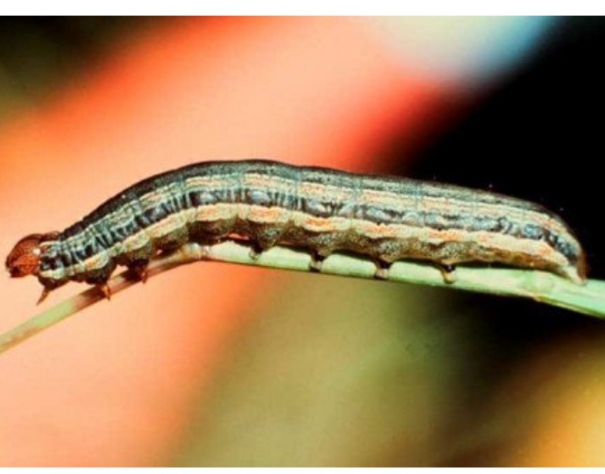Taita Hills in Wundanyi constituency in many respects resemble the biblical Promised Land of Canaan, except for the absence of honey. The idyllic slopes are graced with never-drying rivers, all-year-round greenery, and breathtaking views that would leave one with a dropping jaw.
However, this beauty and natural endowments have not saved the slopes of Taita Hills from the jaws of climate change. Here, climate change has come in the forms of unpredictable rainfall patterns, below-average rains, droughts, and reduced farm produce. Hunger, an alien phenomenon to the people here at least in the yesteryears, has become commonplace and visited almost every household.
The first culprit of the change in climate and weather patterns was maize farming, which became unreliable and a loss-making venture.
“In the past, maize used to be the crop to beat on this side of Taita Hills. You were sure of a bumper harvest twice a year. That has changed and whoever grows maize nowadays ends up with little to no yield. I ditched maize, like a lot of my neighbours, and focused on bananas,” said Jane Mghoi, a small-scale farmer from Kidaya-Ngerenyi on the eastern slopes of Taita Hills.
Her woes in maize farming are not in isolation; the entire area has been shifting from conventional crop farming in response to the changes in climate. A lot of other farmers in the area have switched gears to banana farming.
“Maize farming is no longer tenable. We had to switch to crops that can withstand shorter rain seasons and give us yield to feed our families,” said Stephen Mwakio, another small-scale farmer from the area.
The gradual abandonment of maize farming has been ongoing, until the recent entry of early-maturity and high-yield maize seeds variety fronted by the Cereals Growers Association (CGA) in Taita Taveta County.
While it has been an uphill task convincing farmers to go back to maize farming, the uptake of the new maize seeds variety has been on an upward trend.
The new variety of seeds that include DK80-31, and DKC 80-33, have the potential to produce at least 28 and 34 ninety-kg bags per acre respectively. In addition to the high productivity, the maize seeds once planted can mature in three months, are drought-resistant, and are tolerant to diseases and pests.
“It’s not been easy convincing the farmers to go back to maize farming. We understand, but we want them to know that the new seed varieties are a solution. They will get more yield in a shorter period, and worry less about below-average rains, pests, and diseases,” said Simon Makau, the CGA coordinator.
Both Jane and Stephen have been persuaded to try the new seeds, and they said their experience has been worthwhile.
“I was convinced to try the new seeds at the onset of the long rain season in March. As you can see, by June I will be roasting some maize. I agree with the promise of early maturity, and for the part of high yield, I’ll confirm when I harvest,” said Jane Mghoi.
Countrywide, climate change in recent years has affected farming in unfathomable ways with maize farming being the first victim. Consequently, the national government acted decisively not only to cushion farmers from losses of livelihoods but also to educate them on climate-smart farming.
It is in such endeavours that the Kenya Smart Climate Project was born in 2017, with the main objective to increase agricultural productivity and enhance resilience to climate change risks in the targeted smallholder farmers and pastoralists.
At the onset of his second term, President Uhuru Kenyatta declared a Big Four Agenda, one of which was food security with components to fund and support modern farming activities and the rollout of drought-resistant crops.
While crops such as millet, sorghum, green grams, and groundnuts, among others are known to do well in drought-stricken areas, a total blackout should not be given to maize farming, considering that maize forms the bulk of staple foods in Kenya.
The development of early-maturing, high-yield, drought and pest-resistant maize seeds could be a way to return to the once nationally embraced maize farming and establish a foundation for a food-secure country.


